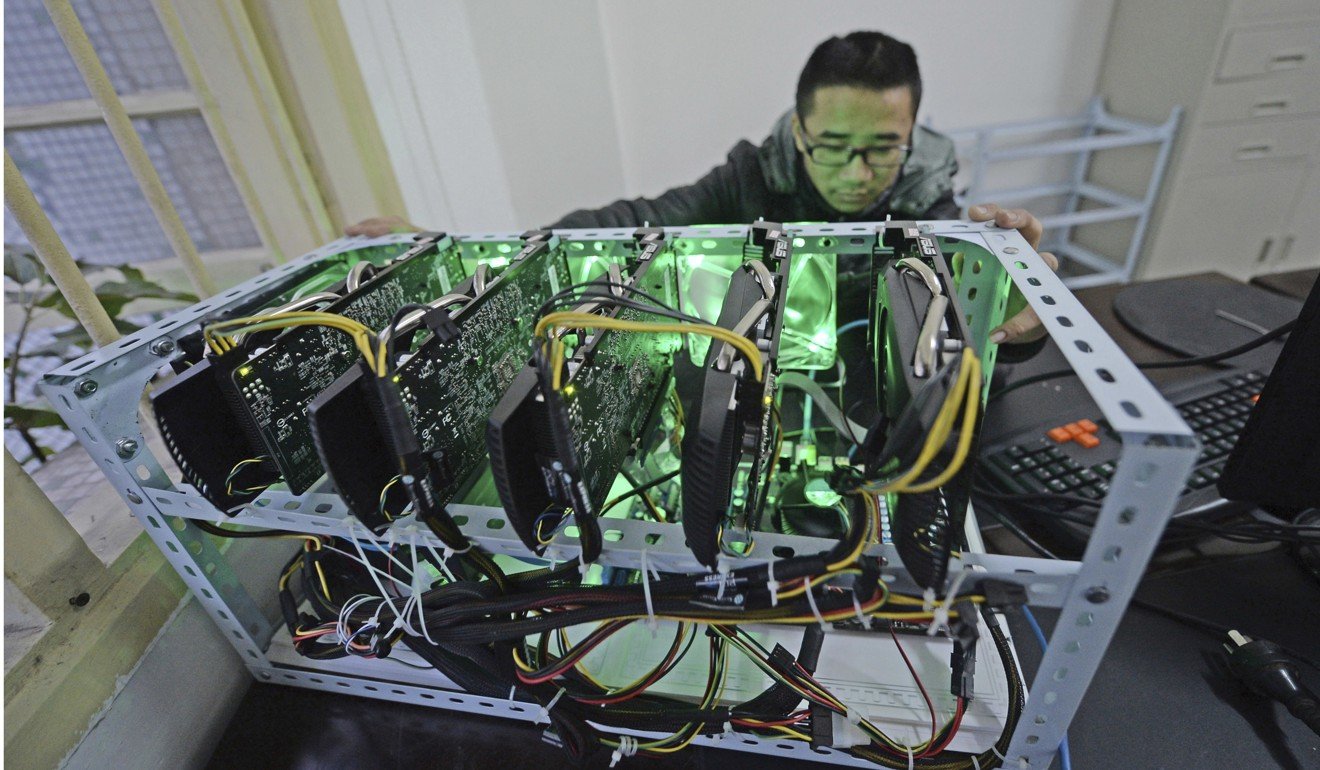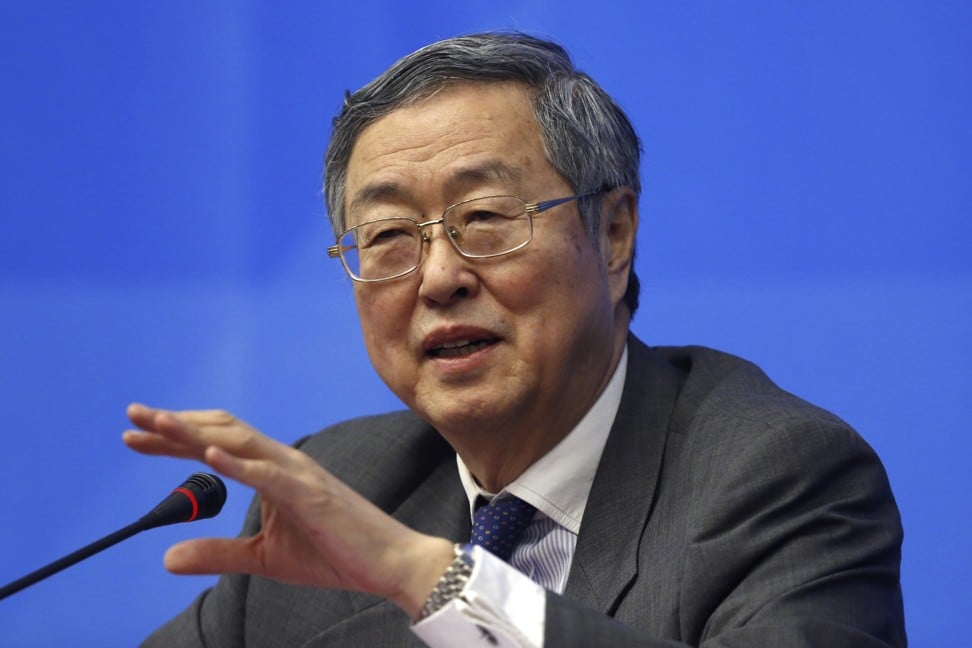
Is China still keen to develop a sovereign digital currency after ban on bitcoin trading?
IT ministry launches ‘trusted blockchain alliance’ to speed up study of the digital ledger
Despite showing a tough face to bitcoin in China, Beijing’s interest in grasping the underlying blockchain technology and creating its own sovereign digital currency has not waned.
As dozens of bitcoin exchanges in China were told to shut down and at least one industry conference was forced to flee Beijing for Hong Kong, the Ministry of Industry and Information Technology last week launched a “trusted blockchain alliance” to speed up study of the digital ledger.
Financial News, the mouthpiece of the People’s Bank of China, published an opinion piece on last Tuesday saying Beijing should “accelerate the process of launching a sovereign digital currency after it curbed risks of encryptocurrencies”.
While the article was authored by Huang Zhen, a professor at the Central University of Finance and Economics in Beijing, its publication in an official newspaper reflects the central bank’s endorsement of the view.
China’s ambition to lead the world in blockchain technology and sovereign digital currency is not new.
The IT ministry in October published an 82-page white paper announcing its desire to be at the forefront globally in blockchain technology and encouraging Chinese businesses to become involved in setting global technical standards.
The central bank, meanwhile, has set up a special institute to study digital currency, and Zhou Xiaochuan, its governor, told a press conference in March that the central bank encouraged the development of technologies such as digital currency and blockchain.

The bitcoin boom and the quick spread of initial coin offerings, however, alerted the Chinese government that cryptocurrencies were becoming tools of speculation and even crime.
It banned ICOs earlier this month, defining them as illegal fundraising, and told exchanges of bitcoin and other digital currencies to shut down trading.
“It’s disappointing to see that the speculative nature of trading activity has hijacked the reasonable demand for bitcoin, ICOs and other digital coins,” said Ben Shenglin, dean of the Academy of Internet Finance at Zhejiang University in eastern China.
The government, which is making financial risk prevention a priority, “has no choice but to shut exchanges down”, he said.
While the PBOC is leading government agencies in a crackdown on ICOs and bitcoin exchanges, the central bank is trying to separate ICOs from blockchain technology, even though many coin offerings are designed to fund blockchain-based projects.
After Beijing’s crackdown, Sun Guofeng, who heads the financial research institute at the central bank, told Financial News last week that “blockchain remains a good technology ... and there should be a distinction between blockchain technologies and ICOs”.
China’s fintech firms were still encouraged to study blockchain even though ICOs were banned, he said.
The IT ministry has approved nine products that meet trusted blockchain standards, including Tencent Blockchain developed by the tech giant’s online payment system Tenpay, and a platform from Chinese telecom conglomerate ZTE.
However, the jury is still out on whether China can embrace blockchain by banning bitcoin and ethereum, the most popular digital currencies.
Han Feng, who teaches blockchain at Tsinghua University, said it was understandable that the PBOC was trying to issue a digital currency so it could better control transaction data, but that it still faced technological challenges.
In a September 17 report, the Bank of International Settlement said central banks must consider whether to issue their own digital currencies, but reminded them of the risks involved.
“Central banks will have to consider not only consumer preferences for privacy and possible efficiency gains – in terms of payments, clearing and settlement – but also the risks it may entail for the financial system and the wider economy, as well as any implications for monetary policy,” it said.
“Some of those risks are currently hard to assess.”


